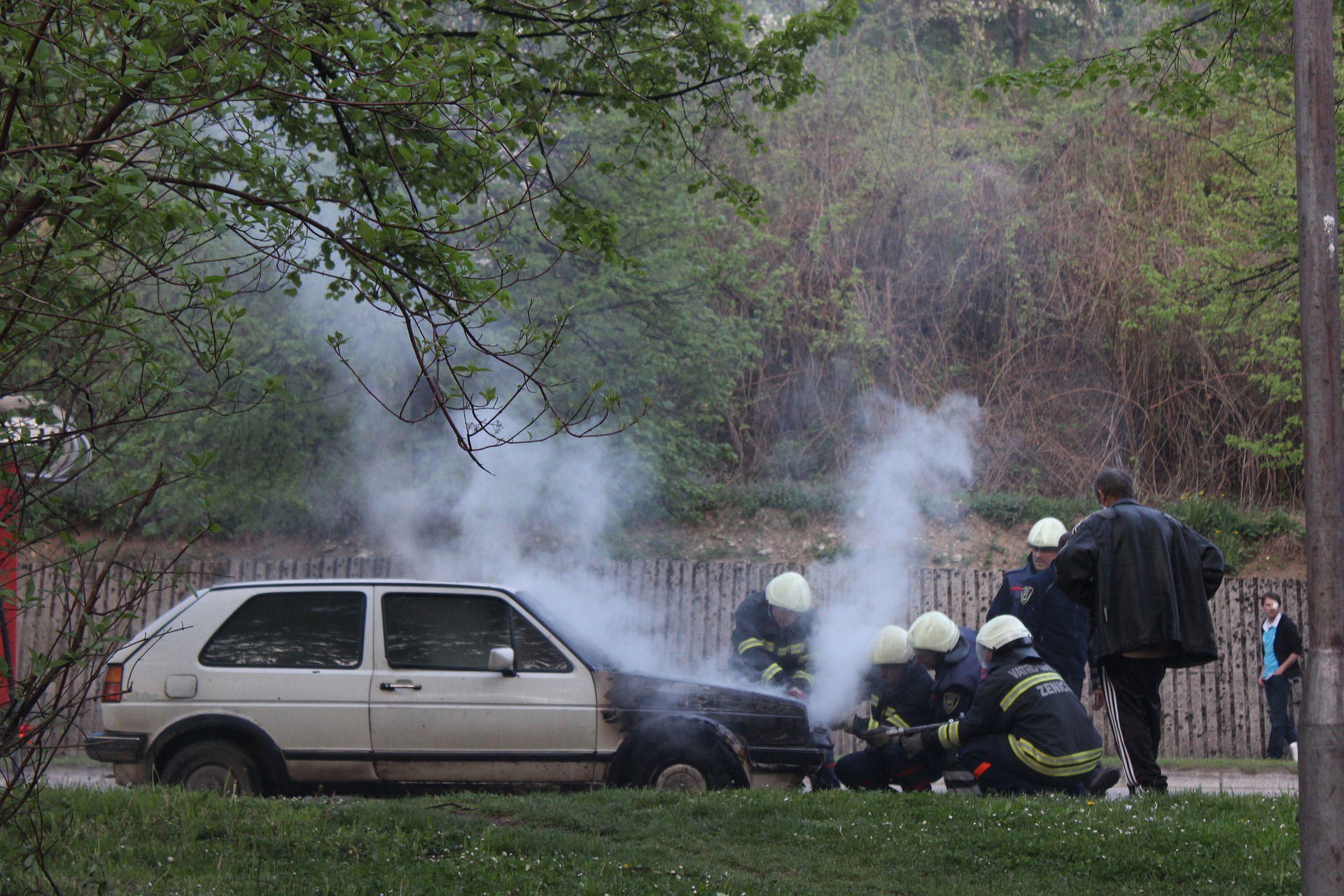Choices
At times we're faced with conflicting commitments that can overwhelm us. We're asked to choose between two competing obligations and are called to be at two places at once. For instance, a client conveyed that he had to be at a workplace meeting at 10:00 a.m. Company leaders had flown in from distance locales to attend his workplace presentation. He reported that he prided himself on punctuality and suffered extreme anxiety when arriving late to the office. On this particular day he witnessed an accident and identified motorists in need on the side of the road on his way into work.

Does he continue to rush in to the office to host the meeting or stop to assist. Dr. Daniel Amen identifies five main brain types and 16 subtypes in his free Brain Health Assessment. (Linked below). This particular client had all the symptoms of a cautious brain type and experienced extreme anxiety over a decision of whether to stop or not.
In the moment, we can be confronted with a split second decision. If he stopped to help, he would be letting down all the individuals who were expected from faraway places to attend the meeting.

How do you think the client managed the dilemma? One option he could have exercised was circumventing the decision, which may have reduced his anxiety. He could have phoned work to explain a possible delay in order to offer the roadside assist. Some managers may not have been understanding given the complexities of bringing the leadership together.
The optimal choice embraces best practice virtues or moral excellence. That is: Assisting persons in need until professional rescue units are deployed to the scene. It sounds easy...until it isn't.

On that particular day, the client left the scene behind and chose to drive on to work...He arrived the next week in session consumed in guilt.
What is a best practice virtue anyway and how do we improve these practices? “Moral excellence comes about as a result of habit. We become just by doing just acts, temperate by doing temperate acts, brave by doing brave acts.” – Aristotle
Practice is central to growth of any kind. Plug in the variable (x). For many, compromising a workplace position is too high a price to pay. However, someone died that day, and the client found himself overwhelmed with guilt after learning about the news.
Jesus speaks to this in a parable.
12:1-8 Jesus was going through a field of grain on the sabbath. His disciples were hungry and began to pick the heads of grain and eat them. When the Pharisees saw this, they said to him, "See, your disciples are doing what is unlawful to do on the sabbath."
He said to them, "Have you not read what David did
when he and his companions were hungry,
how he went into the house of God and ate the bread of offering,
which neither he nor his companions.
In Jesus's time, the Pharisees held the considerable power and had no problem meting out punishment on the Jewish people who found themselves at odds with the law.

The important lesson in this sad tale is to refrain from judgment. Bravery sounds easy until it isn't. None of us knows for sure how we are going to respond to what might be construed as a life altering situation.
Counseling the client, I empathized and offered that his guilt was misguided. He had no idea how injured the motorist was, and it was unfair to assume responsibility when he had no knowledge of the seriousness of the accident.
That said, I asked the client how he would manage himself if he found himself in a similar situation. Without thinking or hesitation, he asserted that he would stop and step up to help.

In a book by David Brooks, 'The Road to Character', the author describes the idea of and difference between Resume Virtues and Eulogy Virtues. The meaning is self evident, and I believe that this client was able to grow and develop through this specific life lesson and as a result was able to make an implicit decision to transition away from Resume Virtues by focusing on Eulogy Virtues.
Check out your brain type:
Dr. Daniel Amen: Brain Health Assessment https://www.brainhealthassessment.com/
David Brooks: 'The Road to Character'
Until next time...